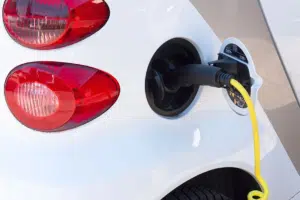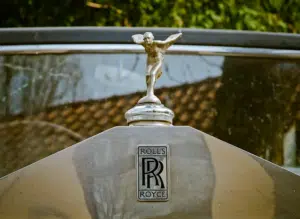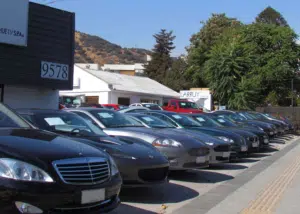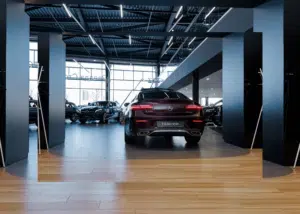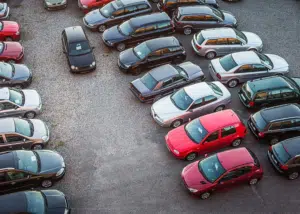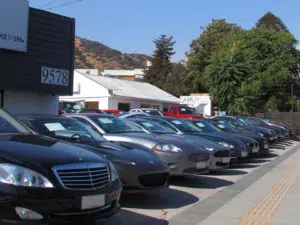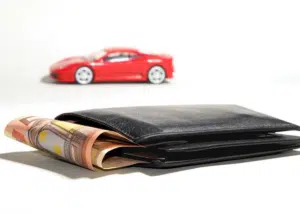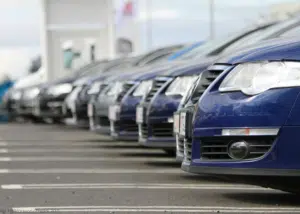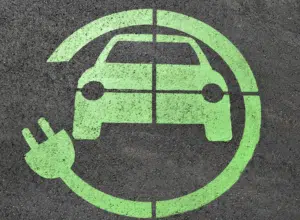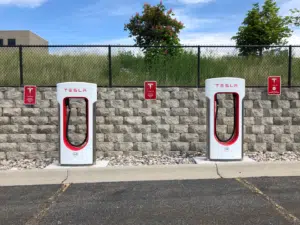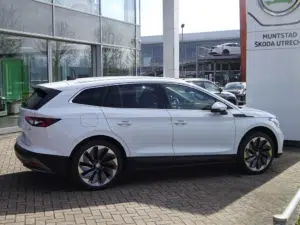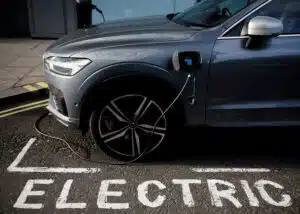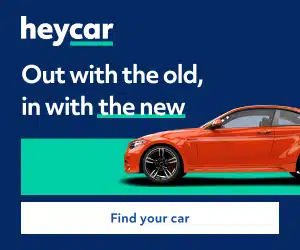Have you ever heard anything like it, converting an all-time classic into an electric car? Would you even dream of it? If you’ve been toying with the idea of getting an electric car but want to beef up your classic, you could bag yourself a combination of the two!
Find out how much It could take to convert this into a retro package here.
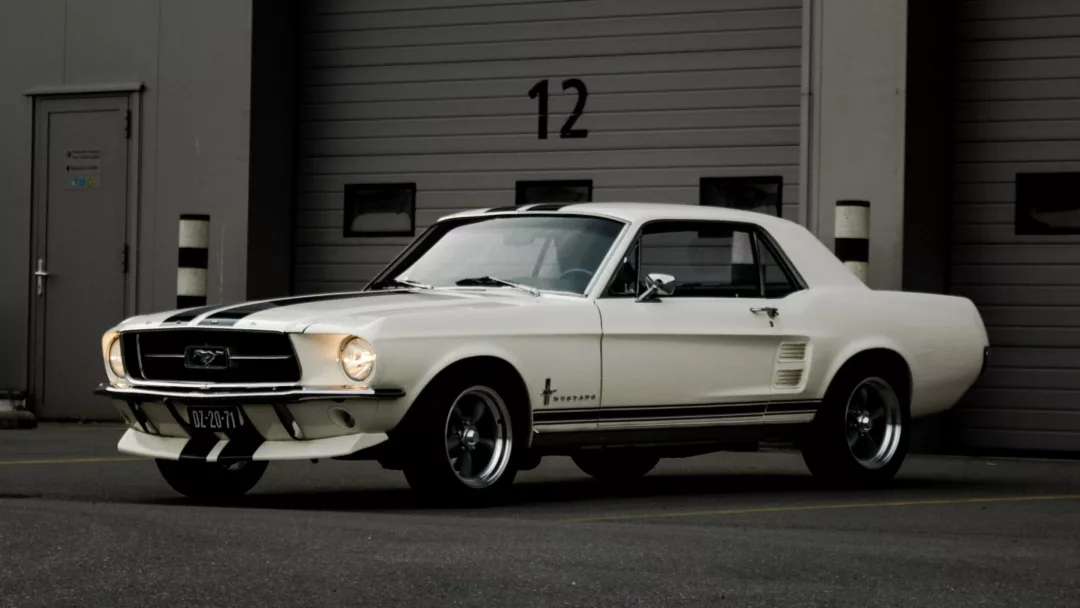
Why would someone convert a classic car to an electric car?
We don’t know about you but even thinking about this used to sound unthinkable to us, it’s so out there, but now, there’s plenty of folk out there who haven’t even batted an eyelid when it comes to converting their vintage car to an electric. The question is, what is it that is so appealing to make someone want to go ahead with this mix?
All in all, when it comes to converting your classic to electric, you should expect to see an improvement in your acceleration and speed. If you chuck your car in the garage and let the engineers work their magic, you’ll be able to see how they are able to get a better weight balance on the car, with batteries at the front and the rear, providing you with better driving ability. If we’re talking maintenance costs, you should be able to see these dropping too, thanks to the fewer parts needed.
The electric car industry sees a wide range of people showing an interest in what they have to offer. Today, we’re all about technology, especially the young ones. Even your classic car lovers are catching up and learning to embrace the technology that is electric cars as they attempt to keep their beloved cars drivable and up to date.
If you’re feeling brave enough and know all there is about conversions like this, you could attempt to tackle this yourself if you think you’ve got what it takes. We can just imagine the amount of know-how it would take though, so our advice would be don’t do anything too hasty. Imagine how dangerous it could be if you got something wrong!
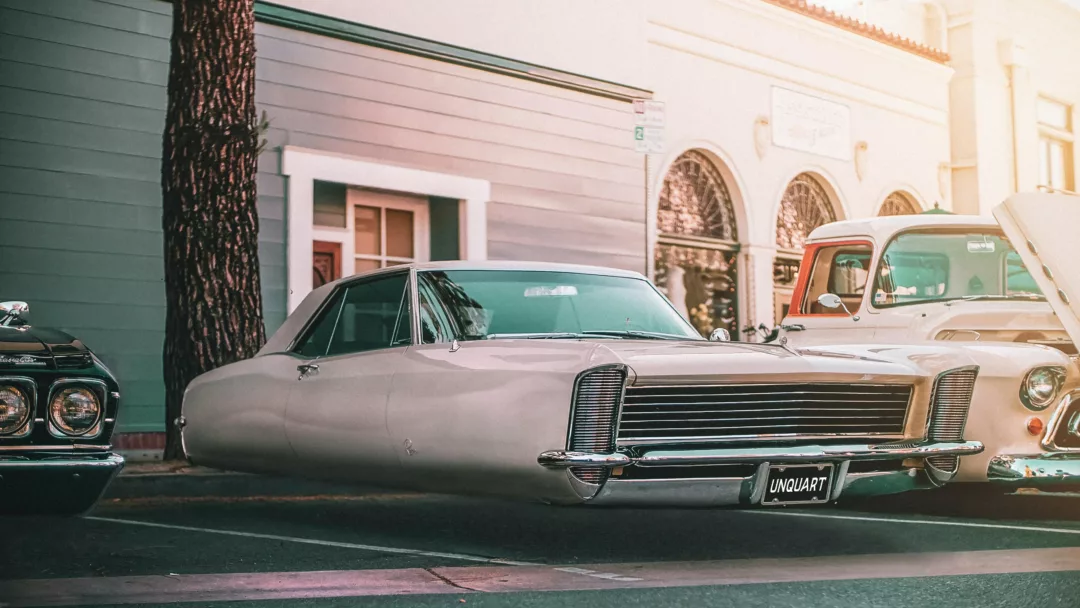
What are the benefits of converting a classic to electric?
It’s a topic that is difficult to be impartial on, as we can understand why removing an original engine from your vintage car sounds like a massive sacrifice, but is it really though? These are just some of the benefits that it could bring:
Better acceleration
Do you know about your electrics? If so, then you’ll know that electric cars deliver maximum torque from the minute you turn them on, unlike your standard petrol and diesel cars, which take more effort because they need to hit a power band, and then a gear change, you get the picture. Thanks to electric cars being gearless, you don’t have to worry about this, therefore making electric cars get you off the mark in no time at all.
Less to go wrong
You’ve essentially got one less thing to worry about if you’ve got a well-maintained converted electric car. Yes, you might experience a few hiccups along the way, but we’re all human and that’s life. There are fewer moving parts involved with an electric car, so it makes sense that there is a lot less that could actually go wrong with it.
Say you’ve got your classic car, for example, it’s no fun working on It when things just keep going wrong, is it? Faults and breakdowns are just something that we don’t need right now. Vintage ends require more maintenance and upkeep to ensure they are road-worthy. Therefore, this means that regular maintenance is a must if you want to hear that classic sound when you’re diving or you might risk finding yourself at the side of the road or with your head stuck under a bonnet for 12 hours!
Cost-saving on fuel
Another benefit when it comes to converting your classic is the amount of money that you’ll be able to save on fuel. If you’re the owner of a classic car then you might be the first to admit that they aren’t the most economical and that’s ok. By converting your classic, you’ll be able to charge your car at home, avoiding any messing about and countless trips to a petrol station, winning! So, if you’re a heavy user of your classic and hate filling up, then you’ll be glad to get rid of and slash your costs when it comes to fuel.
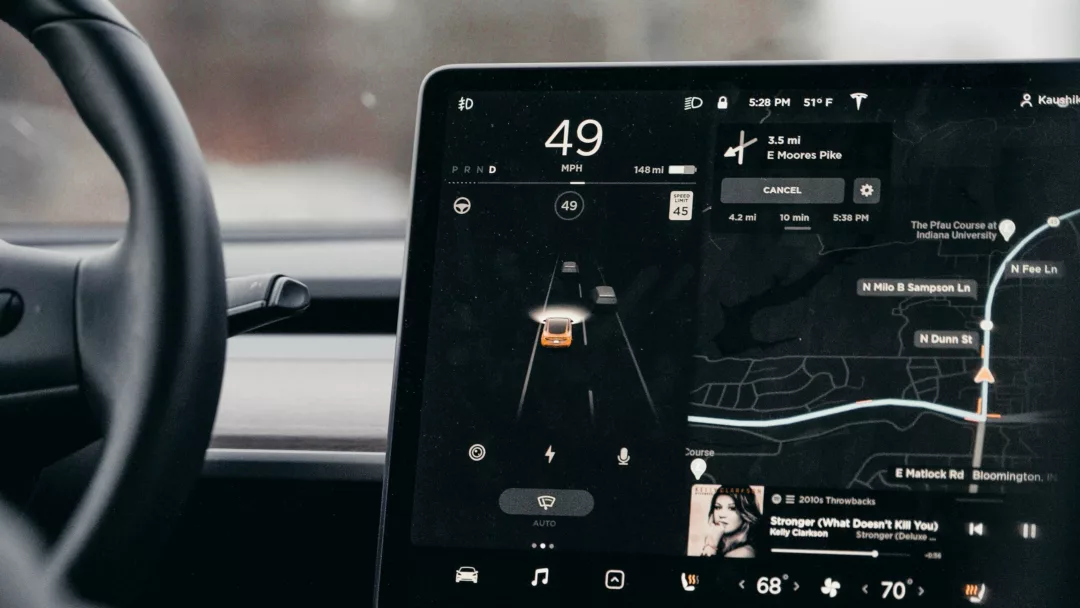
Why you should think twice before converting
Now you’re familiar with the benefits maybe you’re convinced that converting is the best thing for you. Before you make any rash decisions, here are some of the drawbacks that might make you want to grit your teeth a little.
Cost isn’t for everyone
We’re just going to put this one out there, as it’s the elephant in the room and that the fact that electric conversion is risky and expensive. It’s probably no surprise to you that the cost of converting your classic to electric is a huge project so it’s not surprising that the price reflects this. So, if you’re taking into account the savings that we mentioned above, it’s probably going to you a long time to make any financial benefit.
Although it’s difficult to try and put an exact price on it, we’ve got a few ballpark figures just to give you an insight into what you’re looking at. For example, you could buy an off-the-shelf electric conversion kit for around £4,500-£7,500 and this is just for the kit alone, then you’ll have the additional costs of tools, etc on top of that.
Another option is that you could just do the work yourself if you feel brave enough. You could pick a company to supply you with the parts, and bob’s your uncle. You’ll have what you need to do the work yourself at a reduced cost. This is probably the cheapest way forward but also the most complicated too.
Range anxiety
As we’re all aware, with your bog-standard internal combustion engine, they’ve been tried and tested for years. They’ve been around for donkeys and your average car taking less than five minutes to fill up and petrol stations are never that far away. Therefore, it’s not surprising that making the bold move and swapping to electric is likely to cause some range anxiety. As a driver, you don’t need to worry about that but for pure electric vehicles, this fear can be heightened. Imagine running out of power before you reach your destination?
Paperwork
If you’re a sucker for paperwork, then this probably won’t bother you that much. We thought we’d just warn you beforehand anyway though that changing the way your chassis is powered will mean changes to your V5C certificate and added paperwork. The DVLA will then have some decisions to make in deciding whether your car needs to be inspected or if it needs a new vehicle tax bracket. A change in drivetrain could also mean a change in weight too, which could affect seating and boot space too.
Finally, if you go ahead and you decide to convert your classic car to electric, don’t forget about the pile of parts you’ll end up with that you no longer need. These parts tend to have used value, but this can vary depending on your car and the condition, so you could make a bit of easy cash here to help offset some of the cost for your conversion.
And that’s a wrap. If you’re looking to get started and you’ve got just over £20k to help you get the ball rolling, yes, this might sound like a lot in the short-term but think about the years of saving ahead of you, which means that cost is much lower in real terms. You could always take a look at the value of your car before you make any changes to it too, then get a specialist to value it after and look at how much your investment has made!




















